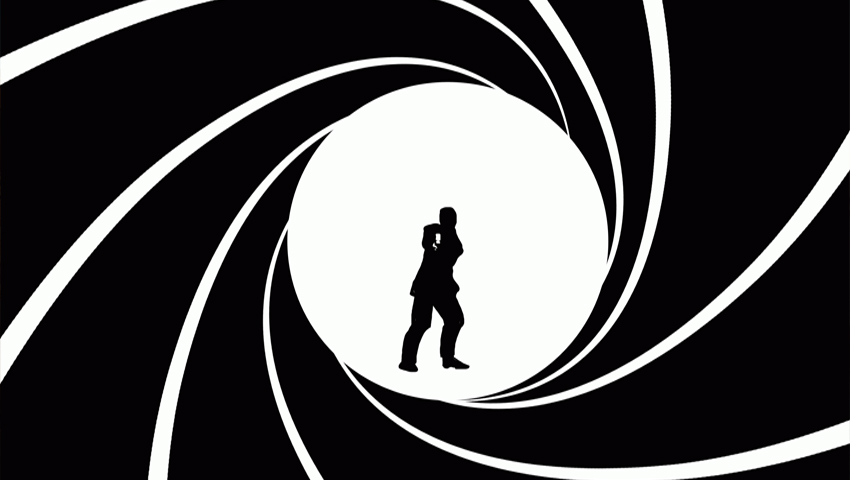This query implies that our doctrine is not compassionate – another sad example that anti-Catholic spin seems to have become the hallmark of the local media.
It would be relevant to point out what the Catholic Catechism actually says about Euthanasia. It states that putting an end to the lives of handicapped, sick or dying persons is morally unacceptable adding in no uncertain terms that it constitutes a ‘murder gravely contrary to the dignity of the human person’.
On the other hand, it also states that ‘discontinuing burdensome, dangerous, extraordinary, or disproportionate…‘over-zealous treatment’ can be legitimate. The administration of drugs to alleviate suffering, even at the risk of shortening the days of the sick and dying is good medicine as long as it is not deliberately intended to accelerate the death of the patient.
The Church does not consider suffering a good in and of itself. Avoidable suffering is not a virtue and the Church has been a pioneer of palliative care which it considers ‘a special form of disinterested charity’. Mother Theresa is the perfect example of a person who valued the dignity of life and lavished love and care on the rejects of Indian society who were left to rot in the streets.
Advances in the treatment and management of the terminally ill and seriously handicapped have improved enormously and medical breakthroughs in treating what were once untreatable conditions are another very positive development. Experts in the field claim that only a small proportion of patients suffer of intractable pain and even then there are means to keep them comfortable.
Most religious leaders oppose euthanasia because it discredits the value and sacredness of life and undermines the common good. Discovering and studying the reasoning of the Catholic Church against euthanasia is in itself an exercise of deep thought and altruistic concern for the vulnerable of society.
Legalising euthanasia or assisted suicide allows one person to kill another. It’s more the question of the ‘right to kill’ as death is not a right but an inevitable reality. Euthanasia erodes the basic trust that life should be protected. It corrupts and discredits the medical profession whose very raison d’être is to save and promote life. Indeed, in coming years, medical professionals who believe in the Hippocratic Oath’s prohibition against killing could well be driven out of medicine.
Here in Malta, we suffer from the ‘goat syndrome’ and follow blindly, and without proper deliberation, negative trends that take place elsewhere. We fail to see the negative consequences of well-meaning but misguided legislation elsewhere. It is a case of the fool learning from his own mistakes when very often it is too late to correct them.
In 1937, G. K. Chesterton shot down the concept of euthanasia with his inimitable wit by saying: -“… in my own country, some are proposing what is called Euthanasia; at present only a proposal for killing those who are a nuisance to themselves; but soon to be applied progressively to those who are a nuisance to other people. As it applies by hypothesis to an almost moribund or partially paralyzed person, the decision will presumably rest with the other people.”
In an interview of 2012, Lord Alton points out that in Holland, where euthanasia has been legalised since 2002, 4,000 deaths were recorded every year. 2,700 of which were in the early stages of dementia of which 1,000 were done without the consent of the patient. In 2008, Baroness Warnock had the gall to state that: – “If you are demented, you are wasting people’s lives, your family’s lives and you’re wasting the resources of the NHS.”
It is therefore not surprising, that all the major national disability groups in UK are rigorously opposed to proposals to change the law. They most of all demonstrate that this is not about values that only appeal to people of faith but about universal ones, most essentially the equal dignity and value of all people.
The Church defends human rights, human life in all its stages and human dignity. It believes in the sacredness of human life as it recognizes that every person is made in the image of God. For this reason it is against abortion, infanticide and euthanasia.
As Pope Francis recently said (Evangelii Gaudium, number 214): “It is not progressive to try to resolve problems by eliminating a human life.”

